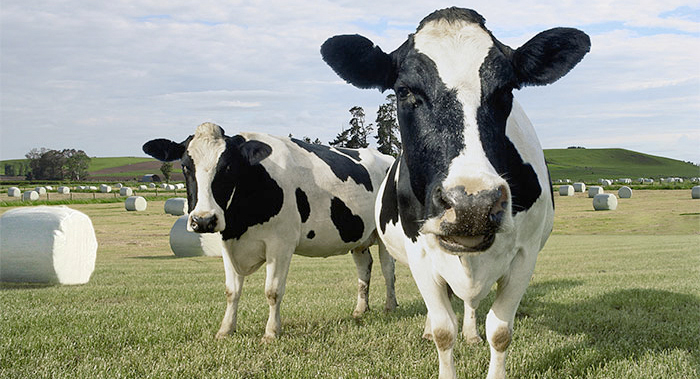
Farm businesses should avoid extending their overdraft to fund new capital items, especially when times are tough, and instead look to secure separate borrowing.
This is the advice from Lloyds Bank Head of Agriculture Andrew Naylor, who says while markets remain volatile it might be tempting to use cash to pay for new assets, but keeping a sensible amount of working capital available is paramount to protect against unexpected events.
“Using that cash or a working capital facility to buy equipment or vehicles rarely makes financial sense,” he says. “The management of working capital is fundamental for most businesses, but especially in the agricultural sector as the price most farmers receive for their produce is set by wider commodity markets – making it difficult to control income.
“A farm’s overdraft should cover day-to-day cashflow and working capital, but too often the facility is used to support the purchase of new assets. However, using an asset finance or hire purchase agreement can usually prove a better long-term decision as it matches the finance term to the life of the asset and supports increased productivity and growth, whilst safeguarding cashflow.”
Mr Naylor explains that these agreements also use the actual asset being financed as security, so keeping the farm’s core assets available to support day-to-day trading or longer term strategic projects.
“A £60,000 second-hand combine purchased using an overdraft may seem like a saving because loan interest rates are not being paid, but taking that much cash out of the working capital can put a business in a vulnerable position – especially given today’s volatile commodity prices. That cash may be needed further down the line, and it takes the flexibility for other capital expenses out of the business.”
